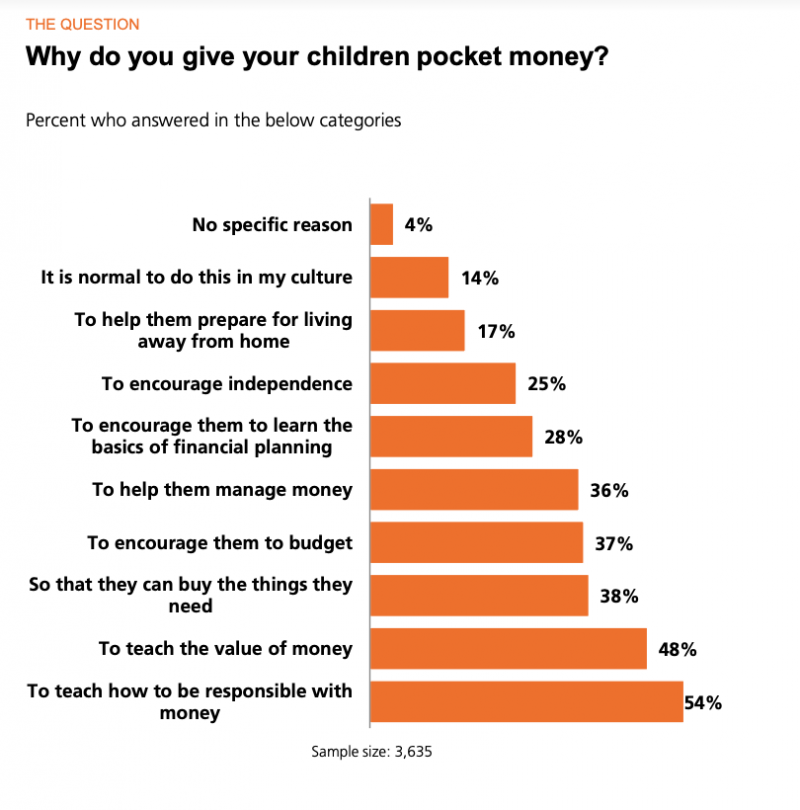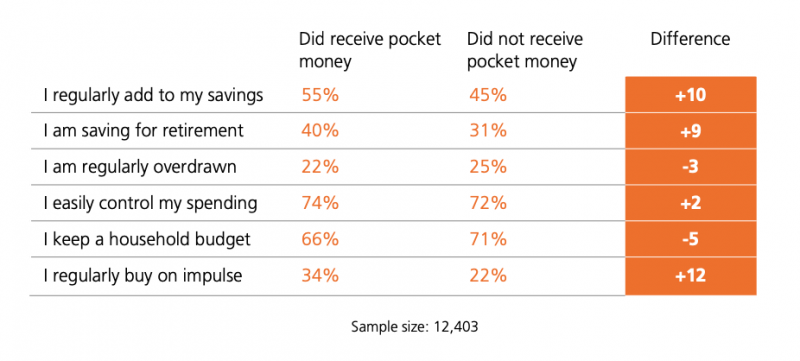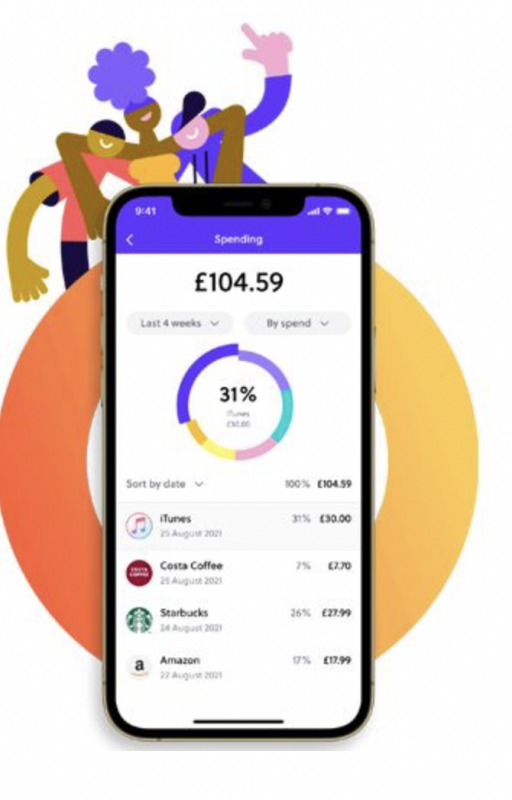In 2022, the average UK child received £4.99 a week in pocket money, but why is pocket money important?
Appreciating the Value of Money
Giving your child pocket money can help them to fully understand and appreciate the value of money. This can then help them understand why you actually go to work, and why they should turn the lights off and not leave the water running. This is because you can explain how things like this cost money, and by giving them a small amount of money to manage themselves, they are more likely to let this sink in, as they have ‘real experience’ handling it.
Teaching Responsibility
Giving your child pocket money can teach them responsibility, as they have to make decisions on how to spend their money and deal with the consequences if they spend it all at once.
This may also mean that they’re more likely to take care of their things if they have saved up for them and bought them with their ‘own’ money.
Preparing them for their Financial Future
Pocket money can help children feel independent and start building up money management skills. Pocket money reinforces the importance of saving, of thinking before you spend and of weighing up your decisions, rather than buying things on impulse. It can help children understand delayed gratification, and how some things you have to save up for to get.
These things mean that you can use pocket money to help your child to start to become financially literate from a young age. For conversations you can have with your child to help them achieve financial literacy, click here.
ING International Survey
ING’s International Survey in 2014 gathered respondents from 13 different European countries.

Here, we can see the response to one of their questions, “Why do you give your children pocket money?” As you can see, there were an array of reasons why parents gave pocket money, most of which fall into the bracket of trying to help their child achieve financial competence.
This tells us what people wished to achieve by giving their children pocket money, but what was actually achieved?

From the report’s findings, we can see that respondents who received pocket money as a child were more likely to show financial competence in 4/6 of the money habits questioned about. However, we cannot assume that pocket money was the sole cause of this trend, as other factors will have inevitably been involved which will have affected each respondent’s financial tendencies.



 This poor communication is combined with a lack of shared decision making, wherein wealthy families do not allow the youngest generation input in financial matters. If this generation grows up in an environment where they have never made these decisions, they will be incapable of making them when they take over the family estate in the future.
This poor communication is combined with a lack of shared decision making, wherein wealthy families do not allow the youngest generation input in financial matters. If this generation grows up in an environment where they have never made these decisions, they will be incapable of making them when they take over the family estate in the future.